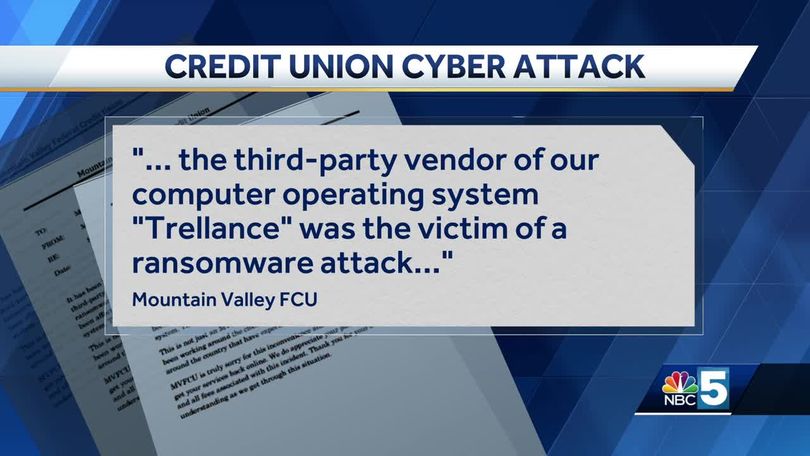Credit Unions Hit by Ransomware Attack – December 17, 2023
Credit unions across the United States are currently contending with extensive disruptions resulting from a malicious ransomware attack. The incident has specifically targeted Trellance, a prominent cloud computing firm that delivers services to numerous credit unions nationwide. Initial reports suggest that at least 60 credit unions have fallen victim to the attack, rendering them incapable of accessing vital systems and services.
One affected New York-based credit union confirmed the unavailability of their online and mobile banking platforms. Nevertheless, certain services such as debit card transactions remain unaffected. This disruption has undoubtedly inconvenienced and frustrated credit union members who heavily depend on these digital platforms for their day-to-day banking activities.
In response to the attack, the National Credit Union Association has moved to reassure customers, emphasizing that their accounts remain secure and fully insured by federal regulations. Customers can find solace in the knowledge that their funds are protected up to $250,000.
Regrettably, this ransomware attack is emblematic of a growing trend where cybercriminals target various sectors, including healthcare, energy infrastructure, and education. Such attacks involve encrypting crucial files and demanding payment in exchange for their release, often resulting in substantial disruptions and financial losses.
The prevalence of these attacks underscores the critical need for organizations to invest in robust cybersecurity measures and consistently update their defenses to counter evolving threats. Moreover, industry-wide collaboration and information sharing are imperative to outpace hackers and safeguard critical systems and data.
As credit unions diligently work to restore their services and bolster their security protocols, customers are urged to remain vigilant by monitoring their financial transactions, reporting any suspicious activity, and regularly updating their passwords. These measures are crucial in fortifying defenses against potential cyber threats.





















